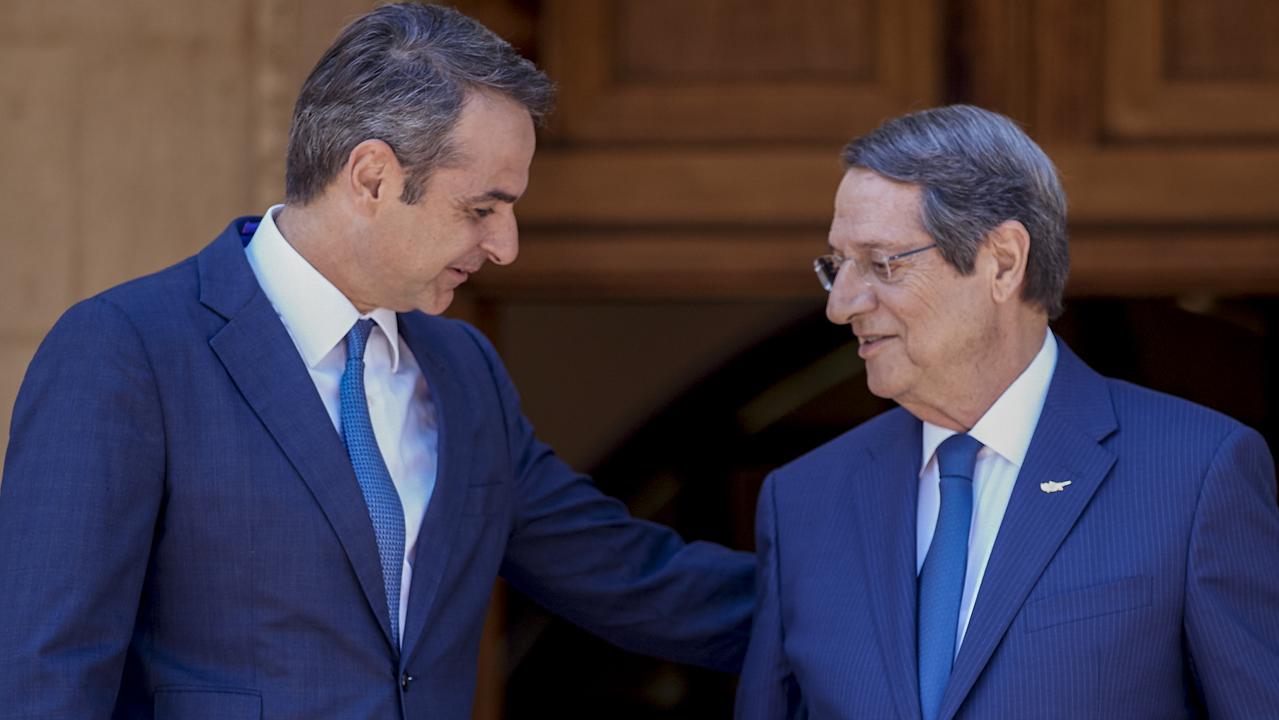
The return to growth of the world economy has begun gathering pace. Defusing the North Korean challenge requires every other country to be on the same page. The world needs an engaged rather than a threatened China, and an engaged America too.
A trade war casts question marks over all three.
There are reasons for anxiety about China, but they spring from the rapid restructuring of the country under party and personalised rule, and from the potential of this repressive model to be exported, not from China’s continued, overwhelmingly positive economic engagement with the world.
China is at the centre of a vast Asian production chain that naturally incorporates Australia, principally through our iron ore. While China is increasingly adding value itself rather than merely assembling complex components made in Japan, South Korea and Singapore, the economies of the rest of the region are all enmeshed utterly with China’s — including through corporate investments there — and will suffer severely from tumbling exports.
Most major US companies are heavily invested in China, not only in order to export — including to America — but also increasingly for China’s own market. They will be feeling especially queasy about this week’s rhetorical animosities.
The timing is bad for China itself, for its adjustment tools are not right now so readily available. In seeking to switch towards higher quality growth — it costs $4 to gain $1 in growth — it is capping liquidity to rein in debt, which it would have to cease if it sought to increase money supply to compensate for lost export income. It has been steadily selling down its US Treasury holdings though, and buying more gold, and this will surely now accelerate.
The best way to demonstrate reciprocity — not always China’s strong point — and to reduce the US deficit, is for China to open further its services sector, where America still has a clear advantage. By ultimately raising the competitiveness of China’s services, that would also help it readjust its own economy in a direction it already says it wants to shift.




There is no good time for a trade war, but Donald Trump’s launch of one now is especially troubling — unless you are singularly focused on the US mid-term elections in November.